Muslims around the world are gearing up to welcome the Holy month of Ramadan this week. For Muslims in Pakistan, fasting times from dawn till dusk are expected to last a full 16 hours, with the first day of Ramadan falling on Thursday.
These long fasting (also called intermittent fasting) periods can be good for your mind and body. If done correctly, fasting in Ramadan can help you get a fitness jumpstart by detoxifying your system. By following the 16:8 ratio (16 hour fast followed by 8 hours when you can eat and drink), you can transform your mind and body for the better in the Holy Month.
Today we are going to look at the science of it, about what happens to your mind and body when you start fasting.
So let’s begin.
Note: If you are suffering from diabetes, always consult your physician before embarking on a fast.
Fasting Helps You Burn Fat First
Our body stores energy for later use in the liver. Your liver stores glycogen, which is formed when you eat foods rich in carbohydrates. Essentially, it’s your body’s main source of energy.
ALSO READ
This is What Happens to Your Body As You Fast During Ramzan
When you fast, your reserves of glycogen are the first to be exhausted as you go without eating or drinking for 16 hours a day. After this happens, your body then switches to a secondary source of energy – fats.
The surest way you can tell that your body has switched from carbs to fats? You start feeling both hungry and angry. But don’t worry, this ‘hangry’ state is your brain’s way of telling you it needs more carb-rich food. The good thing is, this state of hangry-ness can be controlled. Eat protein and fat rich foods during Iftar and Sehr.
Do you want to lose weight? Fasting in Ramadan can trick your body into losing more fat than ever. But do bear in mind, if you tend to overstuff yourself during Iftar and later with high-carb food, the benefit is lost. Essentially, you need to limit your intake of foods rich in carbohydrates.
Unhealthy carbohydrate-rich food items include:
- Sugar products
- Fast food
- cakes
- Corn syrup
- Bread products
- Cereals
- Milkshakes,
- Potatoes
- Fruit juices
- Canned fruits
- Sweetmeats
You can, however, opt for healthy carbohydrate food items such as fresh fruits, nuts, vegetables, whole grains, beans, etc. They also help you keep your hangry state in check during fasting.
Some examples of healthy carbs
Last but not the least, since your body burns more fats than carbs in this state, the process of burning fats releases chemicals called ketones. Let’s take a look at how ketones help you live a longer, healthier life.
Fasting Helps Boost Your Brain
It’s true. Fasting can help create a protein called brain-derived neurotrophic factor (BDNF). This protein helps keep your mind sharp by regenerating brain stem cells, boosting memory and motor skills. All of this is possible because your body is in a state of ketosis, with ketones helping boost both mind and body.
Protein rich foods
Some researchers even say that it can help delay Alzheimer’s or Parkinson’s disease.
So how can you achieve a state of ketosis? You can switch to a protein-rich and fat-rich diet, as opposed to high carb foods.
Protein-rich foods include:
Seafood, Poultry, Milk, Cheese, Yogurt, Eggs, Beans, Soy, Lean Beef.
Fight Back Against Aging and Diseases
Believe it or not, fasting can also help you look better and reverse the effects of aging. It also helps in lowering our blood pressure.
Furthermore, intermittent fasting curbs the production of a hormone known as IGF-1, one that scientists say is related to aging and various diseases. Some preliminary studies have also shown that fasting can stop the growth of cancer and tumor cells in our body.
This is possible because the body produces more ketone than ever. Research says that fasting helps increase ketone levels 20-fold in the human body. This even beats the ketogenic diet which results in just a 4-fold increase in ketones.
As mentioned before, you need to burn fat to accelerate the production of ketones in your body. And that means taking foods with the right kind of fats.
When we mention the right kind of fats, it’s important to know what kinds exist in our food. Currently, we have 3 types of fats:
- saturated – the kind of fat we should avoid. Its unhealthy for your heart. Commonly found in animal food such as meat and butter and coconut oil.
- unsaturated – the kind of fat that is good for your heart. Its found in seafood, vegetable oils, almonds, nuts.
- trans – the really bad kind. They are found in baked goods as well as processed snacks plus fried foods.
In short, unsaturated fats are the way to go here. They are commonly found in:
- eggs
- avocados
- olive oil
- nuts
- dark chocolate (that’s right!)
- cheese. in limited quantities.
Foods with natural (unsaturated) fats
So this Ramadan, make an effort to change your dietary pattern for the better. Switch carbs with unsaturated fats and protein-rich foods. It may be hard at first, but if you stick the landing, your mind and body will thank you for it in the long run.

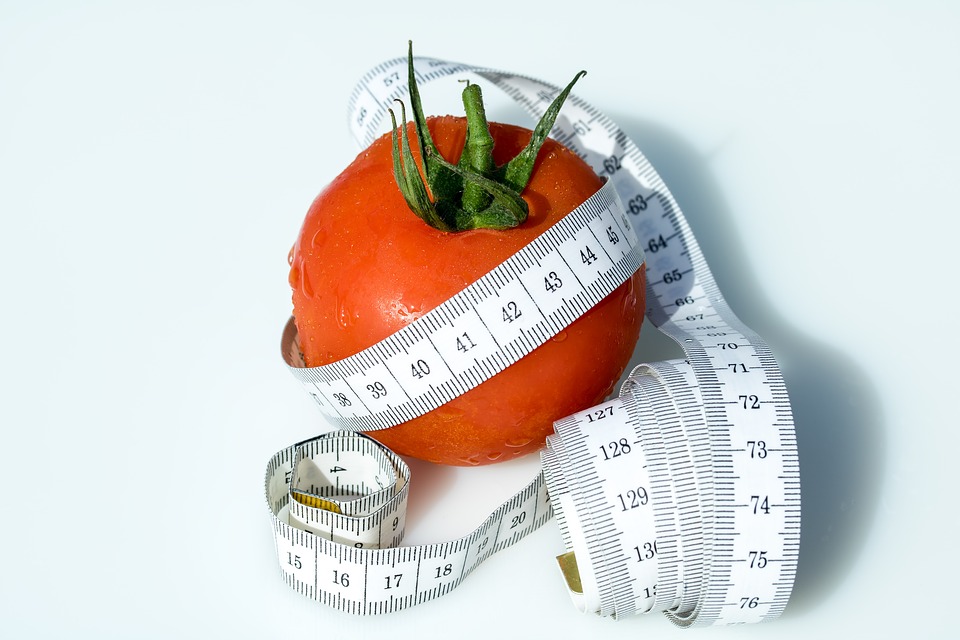
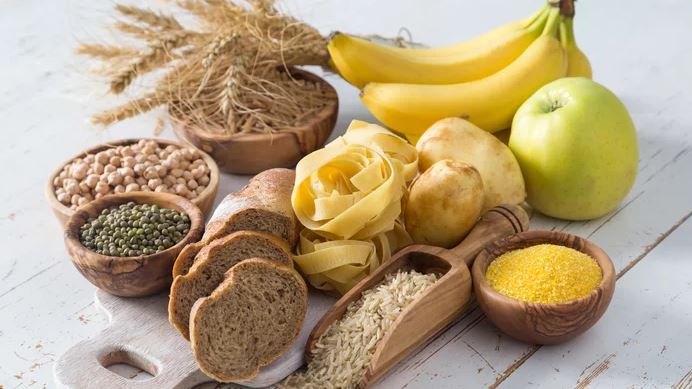

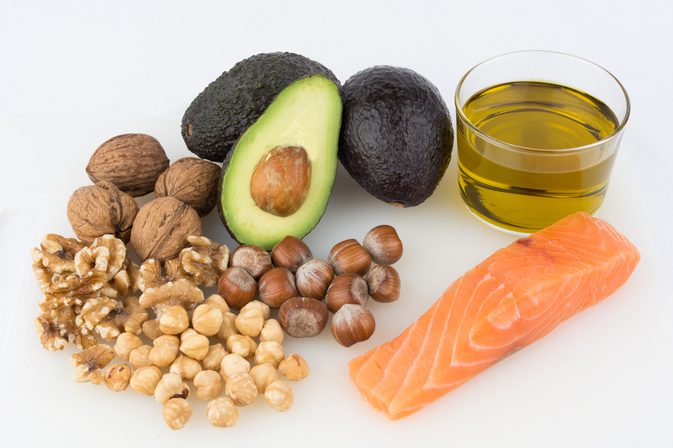


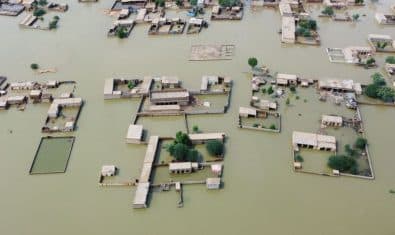
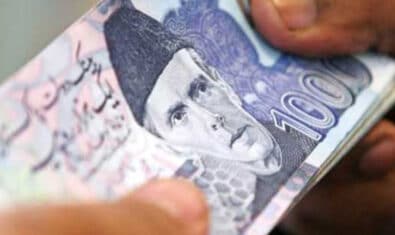

















Nice sharing Samir babu,,,,,,
means we need to control both, our Hunger and Anger.
Ramzan Mubarak to all.
Thank You for this
Pata bhi hai ek Avocado kitne ka hai.. ?
Mera pait nikal aya hai buhut office me beth beth kar and this Ramazan I am planning to lose fat by fasting and then NOT eating much in Iftaar.
Thanks for sharing